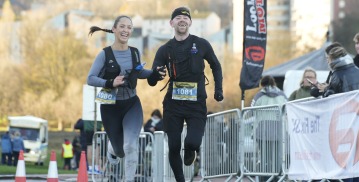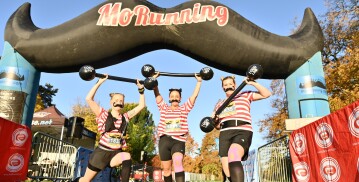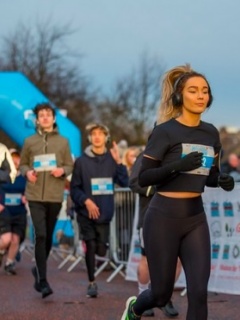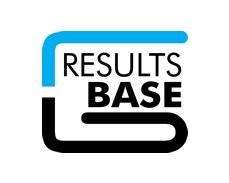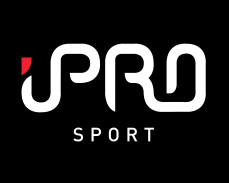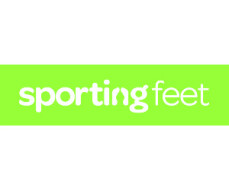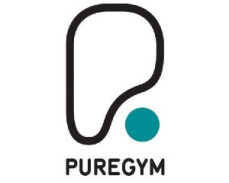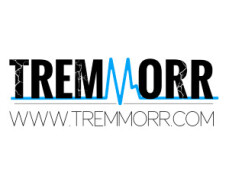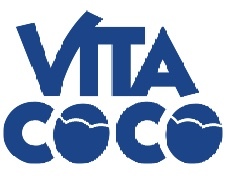January 19, 2019
Training and Nutrition
By Fix Events
Sports Drink or Water?
It is becoming increasingly common to see children and teens drinking sports and energy drinks in completely the wrong context – sat on a bus, sat in a class...fundamentally sat down as opposed to running around at an intensity that requires an additional supply of fuel. However it is also quite common for the exercising population to misuse and misunderstand sports drinks.
Selection of the most appropriate sports drink depends on a number of factors, including when the drink is being consumed (before, during or after training), the time and intensity of the training session and the training phase. The best sports drink may contain protein, amino acids, electrolytes, carbohydrate, plain water, or no drink at all, based on a number of considerations.
Dehydration
During exercise fluid is lost at a rate of approximately 1 L/hour, increasing to 1-2 L/hour in hot and humid environments or even 2-3 L/hour for high intensity exercise in the heat. Hydration status is a crucial determinant of an athlete’s capacity to train, compete and recover successfully. Athletes exhibit enhanced thermoregulation, sweating more readily in order to dissipate heat away from the core to the periphery, preventing hyperthermia. However sweating without replenishment can lead to dehydration; manifested as a series of increasingly detrimental effects on both performance and whole body physiology. For example a loss of 2% body weight can reduce aerobic capacity by 10-20%, whilst a loss of 4% can lead to nausea, vomiting, diarrhoea and 10% loss can lead to circulatory collapse and heat stroke.
Hence fluid replacement is clearly paramount; however fluid choice is also critical. Water alone may be adequate when solid food is also consumed, in order that the electrolytes lost in sweat are replaced, however typically food intake is avoided during exercise. Whilst water is a good thirst quencher, it can be a poor re-hydrator by reducing the desire to drink before the body is fully hydrated. This is because water increases plasma volume but in doing so dilutes plasma electrolytes, resulting in hyponatraemia (low sodium) which suppresses the thirst sensation and stimulates urine production. Fluids must be replenished at a higher rate than they are lost in order to compensate for ongoing urination. In order to more precisely calculate the amount of fluid to ingest pre/post exercise weighing can be performed, with recommendations to replace at a rate of 150% any weight loss (where 1 kg = 1 L). NB – hydration status is the ONLY reason to weigh yourself after exercise as all it tells you is how much water you have lost!
However ingesting large volumes of plain water can be catastrophic, with ‘water intoxication’ able to cause intracranial swelling, confusion, nausea, decreased motor skills and even death. This water overload is extremely rare as the kidneys can usually able to regulate and excrete excess water, however hyponatraemia is a risk factor in events such as marathon-running and ultra-endurance sports.
Hypotonic and isotonic drinks are consumed when rapid fluid replacement is the priority. The purpose of an isotonic sports drink is therefore to replicate the osmolality of the body (ie reflects the concentration of substances such as sodium, potassium, chloride, glucose) preventing both hypovolemia (reduced blood volume) and hyponatraemia. In addition, the inclusion of both carbohydrates and electrolytes maintains blood glucose levels, carbohydrate oxidation and electrolyte balance, thus providing fuel for the working muscles, optimising exercise performance and reducing recovery time.
When water is best
Nonetheless, in many circumstances water alone is adequate, especially during non-intense exercise for less than one hour. Gaining additional energy via sports beverages can offset some of the beneficial effects of exercise, such as when the goal is weight loss or increasing energy expenditure. Sugar-sweetened beverages, which include sports drinks, have been associated with the increase in obesity and type 2 diabetes, as the largest contributor to sugar intake in the US. I do not advise my clients to drink sports drink during our Personal Training sessions, as weight loss is usually a key goal and so liquid calorie consumption is contradictory to our goals. However if a client was running a half marathon I would certainly advise that they consume an energy drink such as Powerade or Lucozade, in order to fuel the second hour of exercise.
Ingesting such beverages either freely within the diet or during exercise sessions that can adequately be fuelled by diet, could reduce the beneficial, energy balancing effects of training. Table 2 summarises times when water would be recommended as the sole sports beverage.
Summary
Table 2: Fluid recommendations based on duration and intensity of exercise
Exercise time and intensity |
Fluid recommendations |
| Exercise lasting <30 minutes | Nothing/water |
| Low to moderate activity lasting <60 minutes | Water |
| High-intensity exercise lasting <60 minutes | Hypotonic/isotonic sports drink |
| High intensity exercise lasting >60 minutes | Hypotonic/isotonic sports drink or glucose polymer drinks |
>>
Source: Adapted from Bean A (2008) The Complete Guide to Sports Nutrition 5thedition p87
Conclusion
Sports drink choice can make a substantial difference to athletic performance, the onset of fatigue, and recovery time. In selecting a drink, the effect of palatability on voluntary drinking should not be underestimated (Maughan, 1993), with factors such as carbonation (which causes bloating), flavour and temperature playing a role. Sports drinks therefore play a crucial role in retaining the desire to drink during prolonged or intense exercise, maintaining plasma electrolyte levels, increasing rate of absorption, supplying fuel to attenuate the loss of liver and muscle glycogen stores, and maintaining optimal hydration status for continued performance and recovery. Whilst water may be the most appropriate choice for a casual exerciser, it is important to consider the role of additional fuel and electrolytes for a longer, more vigorous session.
By Sarah O'Neill - Nutritionist and Personal Trainer

